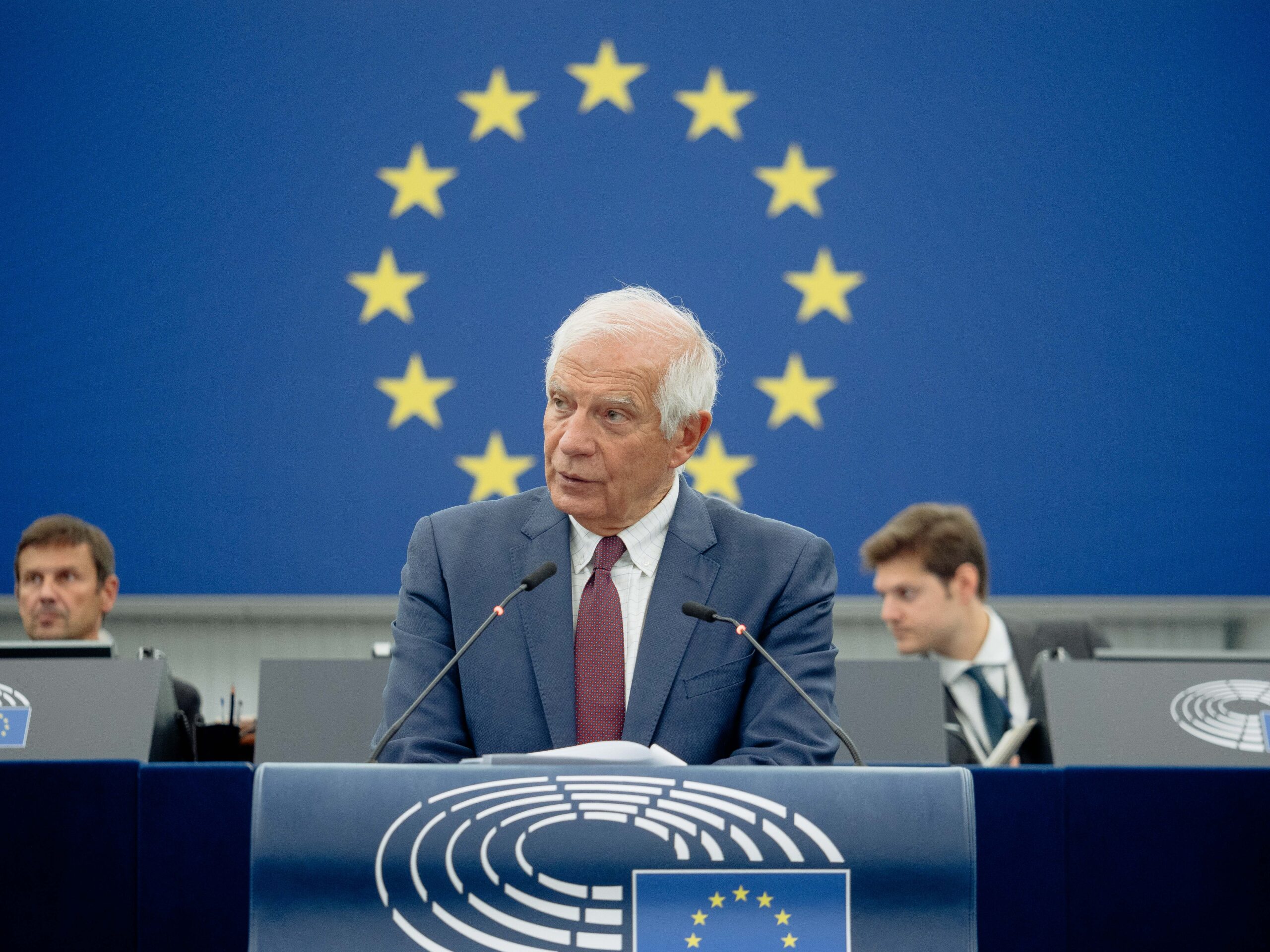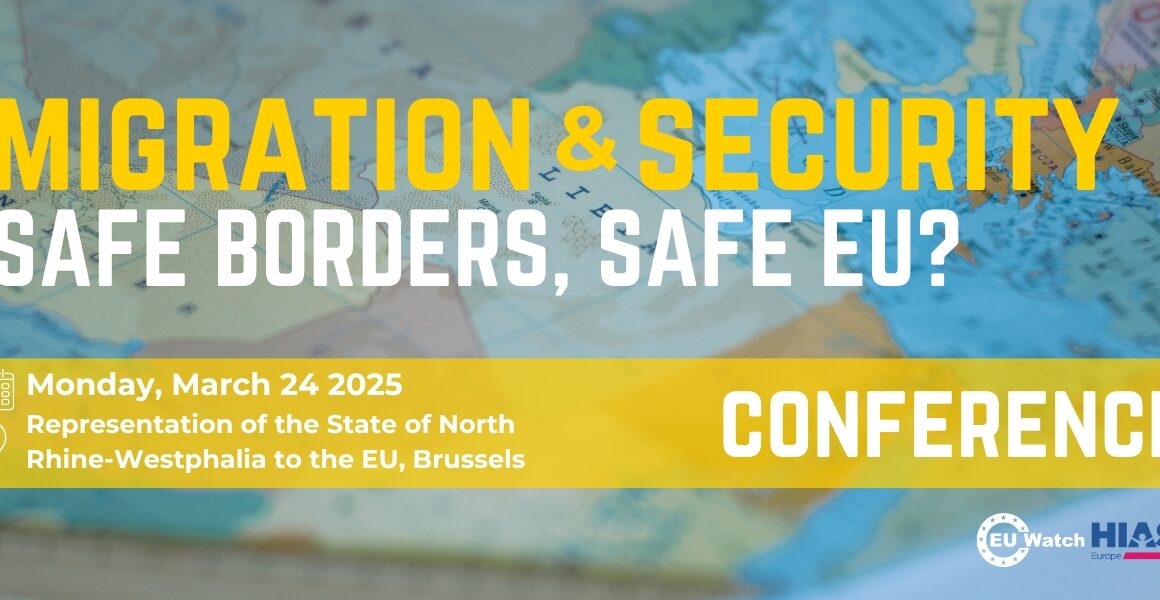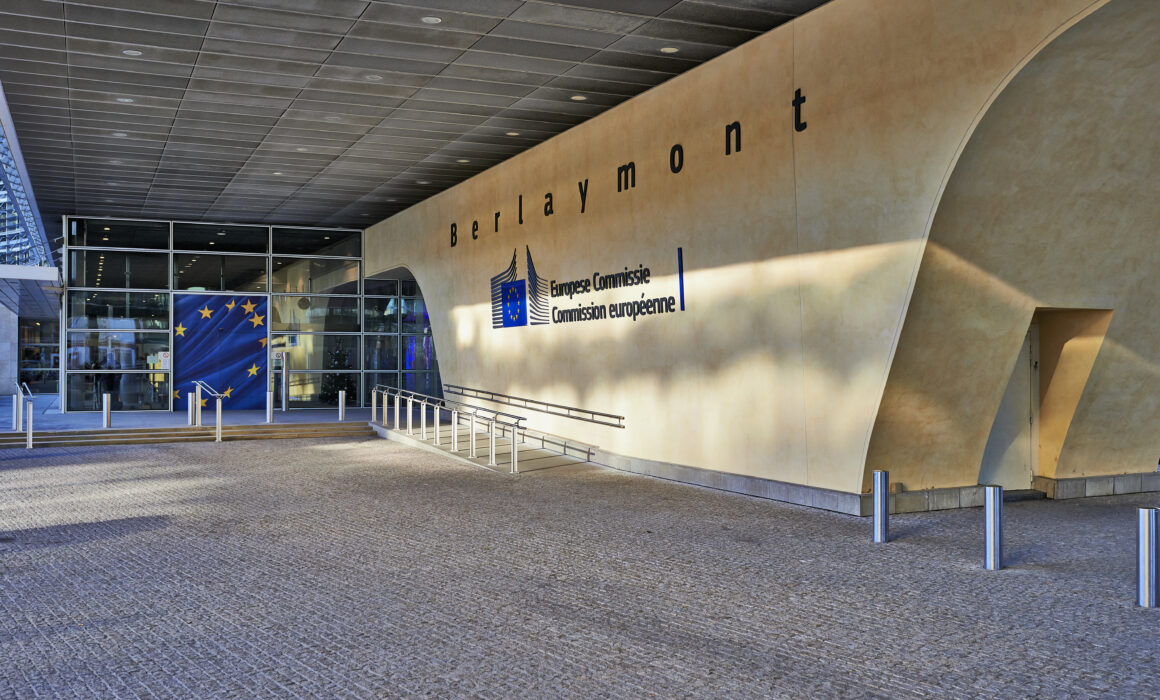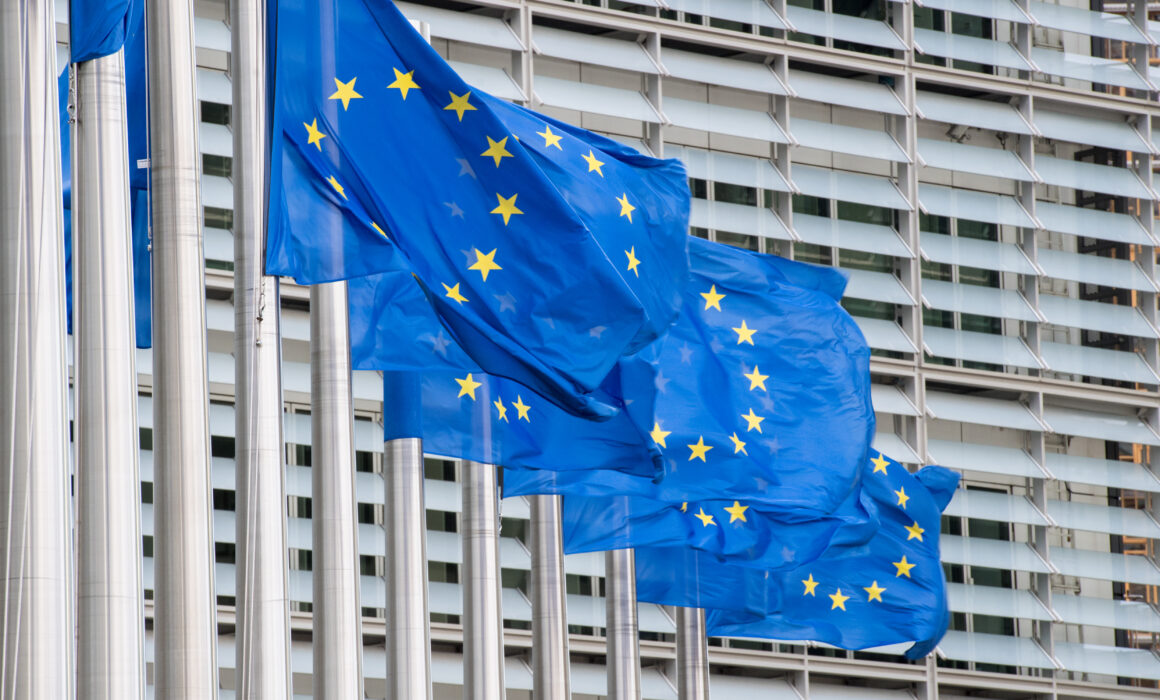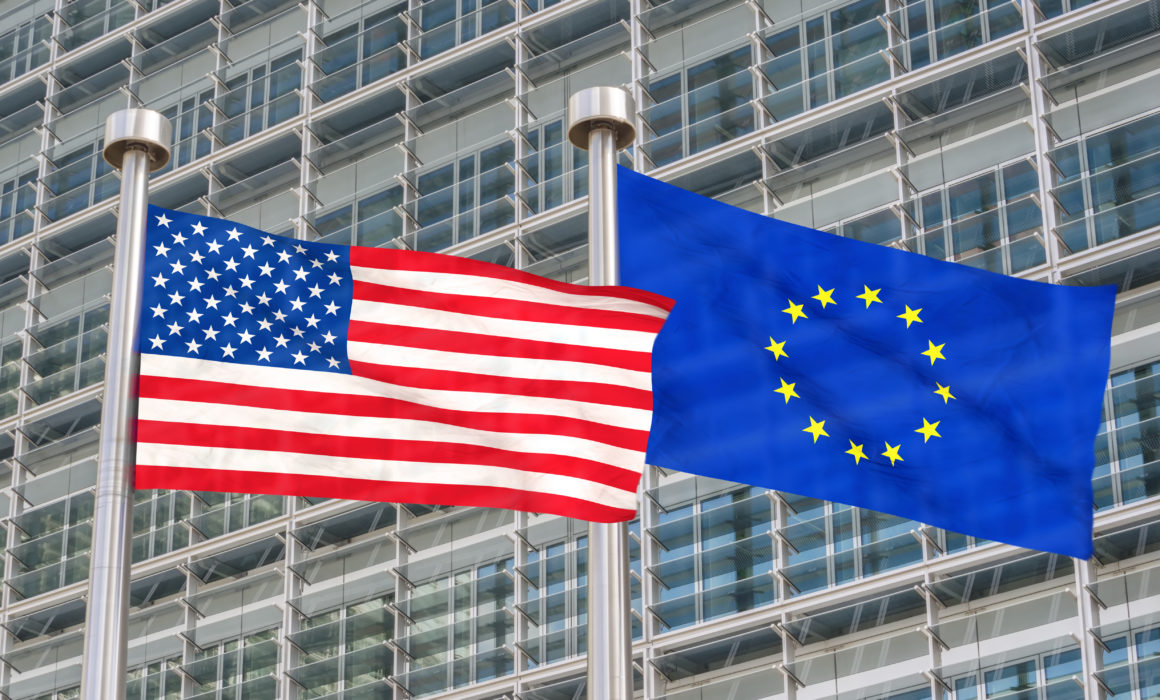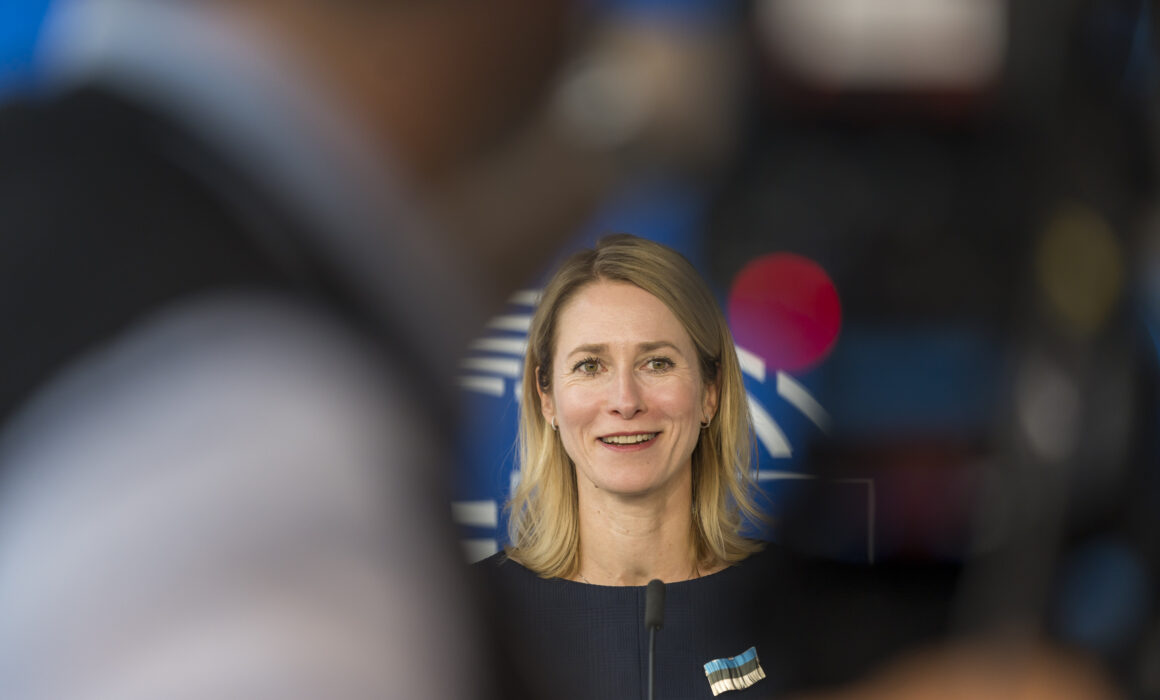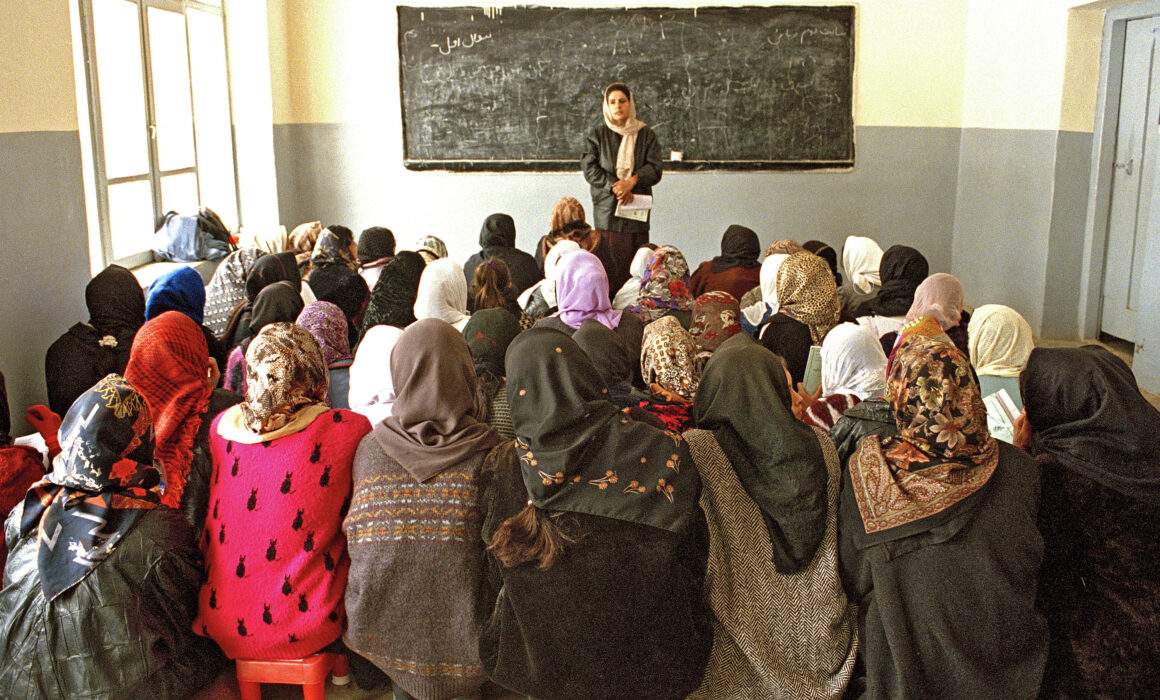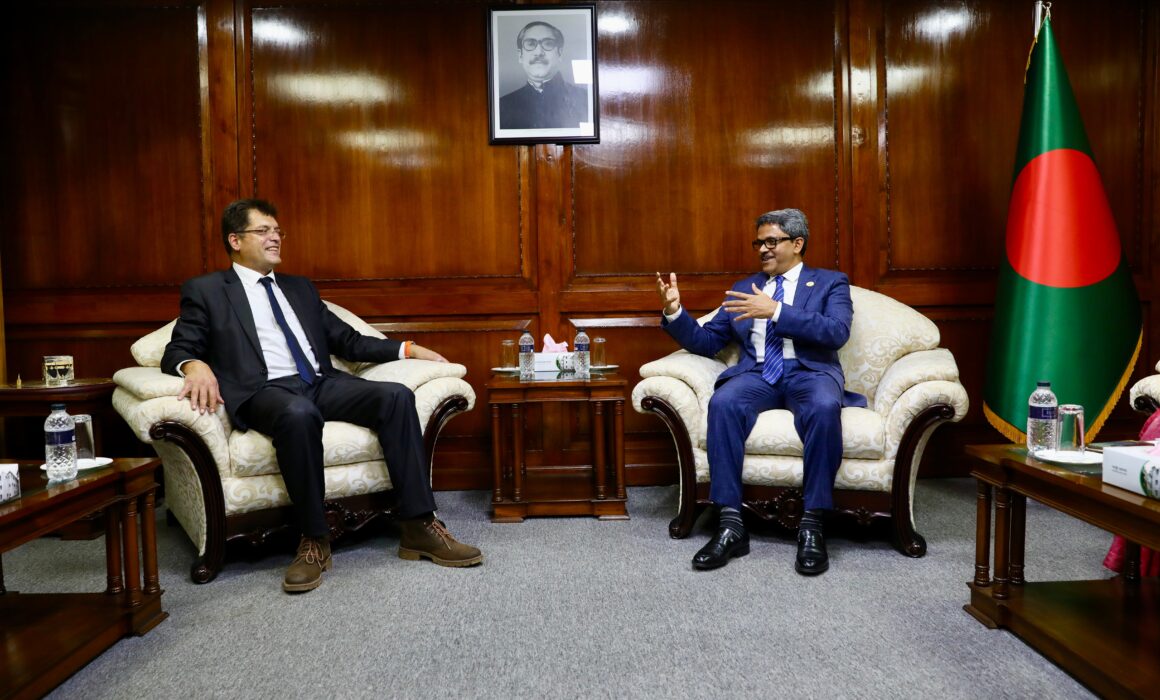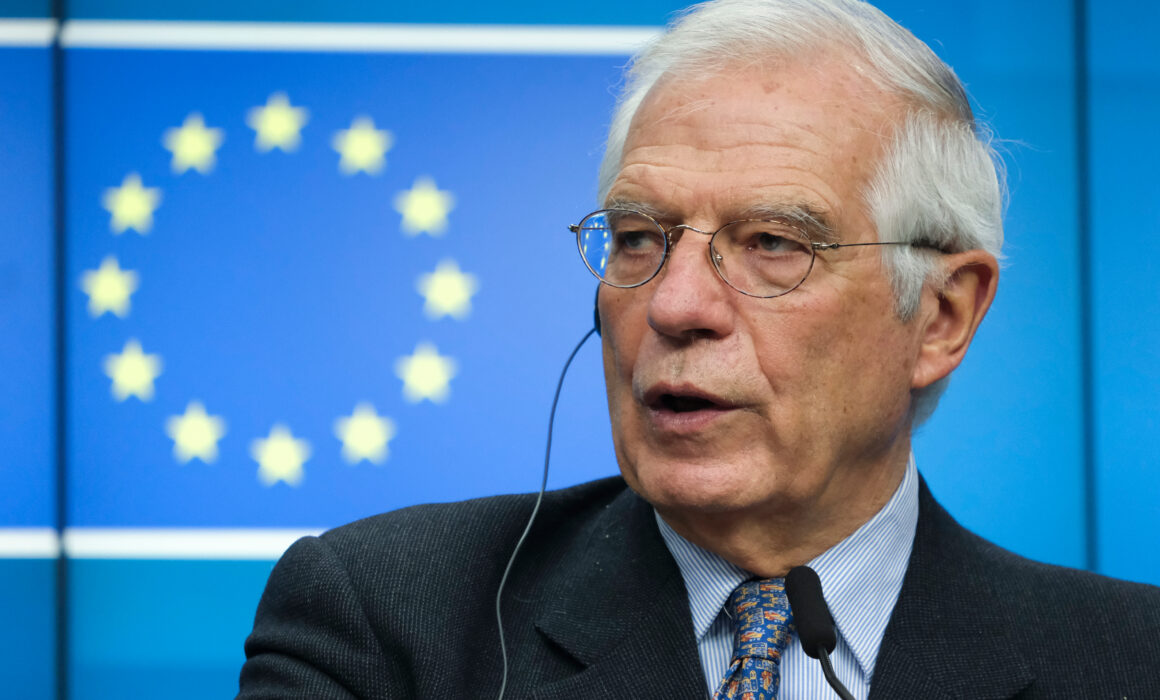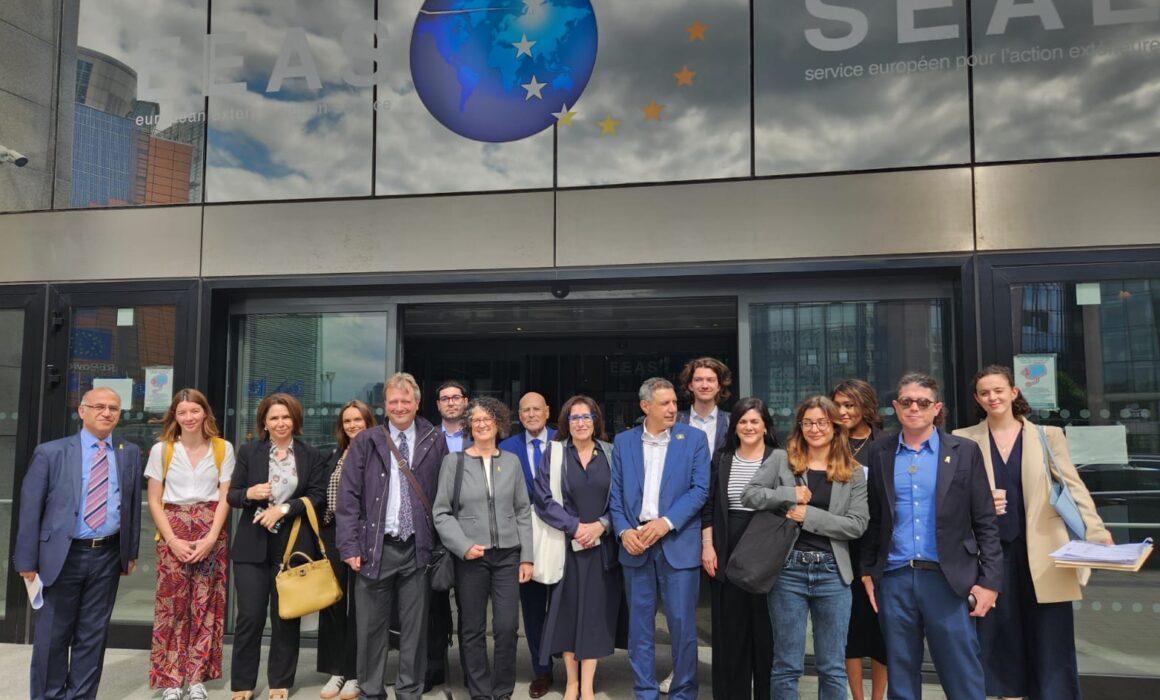Register Now – Conference “Migration and Security: Safe Borders – Safe EU?”
EU Watch AISBL and HIAS Europe are delighted to invite you to our conference that is taking place on Monday, March 24 2025, at the Representation of the State of North-Rhein Westphalia to the EU, in Brussels.

